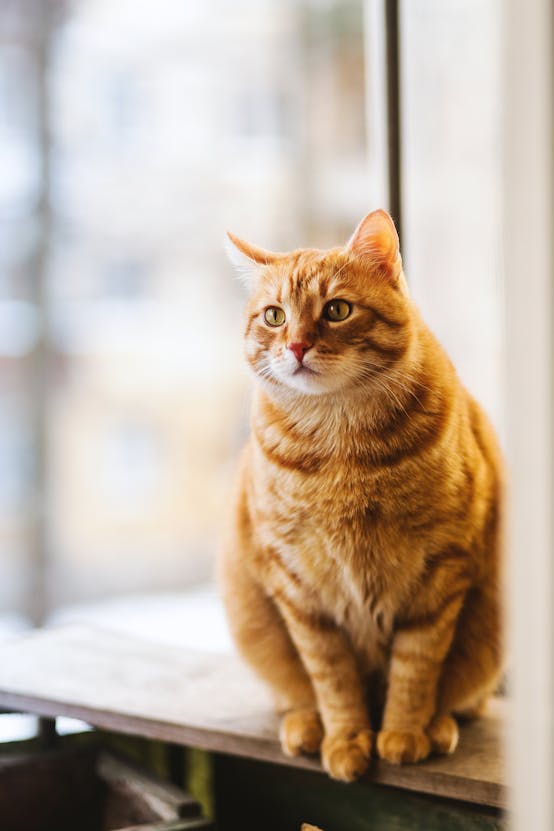Key UK Pet Ownership Statistics and Trends
Understanding UK pet statistics offers valuable insights into what pets British households favour. The most popular pets UK today include dogs, cats, and small mammals, with dogs leading as the top choice in many regions. Recent data shows a steady rise in pet ownership UK-wide, highlighting the growing bond between people and their animal companions.
Recent changes in pet ownership UK reveal shifts driven by lifestyle changes and urban living. For instance, while dog ownership remains dominant, there is an increasing trend towards keeping smaller pets such as rabbits and hamsters, especially in urban areas where space may be limited. These shifts reflect evolving preferences and practical constraints faced by pet owners.
Also to read : How do you recognize signs of illness in pet canaries?
Regional variations in pet preferences are also notable. Northern England tends to have higher dog ownership rates compared to southern regions, where cats and smaller pets show stronger popularity. This regional diversity underscores how cultural and environmental factors influence UK pet statistics. Exploring these trends helps owners and prospective pet adopters make informed decisions about the best pets for their lifestyle and location.
Unusual and Quirky Pet Laws in the United Kingdom
Exploring the peculiarities of pet ownership and regulations
In parallel : How can you ensure the well-being of nocturnal pets in your care?
The UK pet laws include some truly unusual and surprising regulations, reflecting the country’s rich legal history and concern for animal welfare. For example, under the UK pet laws, it is illegal to handle a salmon in suspicious circumstances. While this may sound odd for pet owners, this law originally aimed to prevent illegal fishing practices but is still technically enforceable.
Another eccentric rule states that rabbits must be registered if kept as pets in certain areas, a remnant of unusual pet regulations aimed at controlling local wildlife populations. These UK pet rules highlight how some laws persist long after their initial purpose has faded.
Historical laws also exhibit quirky facets: in parts of the UK, it was once illegal to carry a pet rabbit on a public bus without permission, showing how transport and pet ownership intersected in strange ways.
These unusual pet regulations can affect UK pet owners by requiring adherence to outdated rules or unexpected registrations. Understanding these laws helps prevent accidental non-compliance and underlines the importance of knowing your specific UK pet laws when owning unconventional pets.
Unique Pet Care Habits Among British Owners
Exploring UK pet care trends and distinctive practices
British pet care reflects a blend of tradition and modern awareness focused on pet wellbeing in the UK. Nutrition-wise, many owners emphasize balanced diets tailored to specific breeds and life stages, often preferring high-quality, natural ingredients. This careful approach to feeding is part of a broader commitment to health that includes regular, breed-appropriate exercise regimes. Activities such as countryside walks or dog agility training are common, supporting both physical and mental stimulation.
Pet insurance enjoys widespread popularity across the UK, demonstrating British owners’ inclination toward proactive veterinary care. This habit reduces financial barriers to timely checkups and treatments, promoting longevity and improved life quality for pets. Regular visits to vets are encouraged as standard practice, ensuring continuous monitoring of pets’ health.
Emerging trends underline pampering and personalization—from bespoke pet accessories to tailored grooming services. These trends reveal a growing market for products and services attending to individual pet needs and preferences. UK pet habits clearly show a deep attachment to pets, reflected in generous spending and innovative care options that enhance overall wellbeing. British pet care has evolved beyond basics, embracing an informed, holistic approach.
Fascinating Historical and Cultural Facts About UK Pets
British pet culture has long been intertwined with the nation’s history and identity. The UK pet history reveals a tradition of treasured animals, especially dogs and cats, who often gained fame beyond their homes. For example, the royal family has popularized specific breeds, turning them into national icons. Queen Elizabeth II’s well-known patronage of Pembroke Welsh Corgis significantly boosted the breed’s status in the UK pet culture.
Famous pets in the UK include not only royals’ companions but also animals that inspired literature and media. From Beatrix Potter’s Peter Rabbit to the beloved character of Paddington Bear, animals have been central to British storytelling, reflecting evolving attitudes towards pets. These portrayals have shaped public perceptions, embedding pets deeply in British lives.
The evolution of pets in UK literature and media mirrors changes in society’s relationship with animals. Early UK pet history focused on utility animals, while modern culture now celebrates pets as family members. This transformation illustrates the enduring bond between British people and their pets, a connection enriched by notable historical figures and cultural moments.
Surprising and Record-Breaking UK Pets
Some extraordinary pets in the UK have set remarkable records, capturing public fascination. For example, the longest-living cat in the UK reached an impressive age, defying typical feline lifespans and offering insights into pet care and longevity. Similarly, several dogs have held titles for being the largest pets in the UK, often drawing crowds due to their sheer size and gentle nature.
Beyond size and age, the UK is home to some of the most unusual pets, including exotic reptiles, rare birds, and even miniature livestock kept indoors. These uncommon companions highlight the diverse range of animals embraced by British pet owners. The presence of such pets has led to unique challenges and joys, emphasizing the responsibility of owners to meet specialized needs.
Stories of UK pet records are not limited to mere size or lifespan; some animals have showcased remarkable abilities or traits, making them stand out as extraordinary pets in the UK. This diversity reflects broader trends and attitudes towards pet keeping in Britain, where fascination with unusual and record-setting pets continues to grow.


